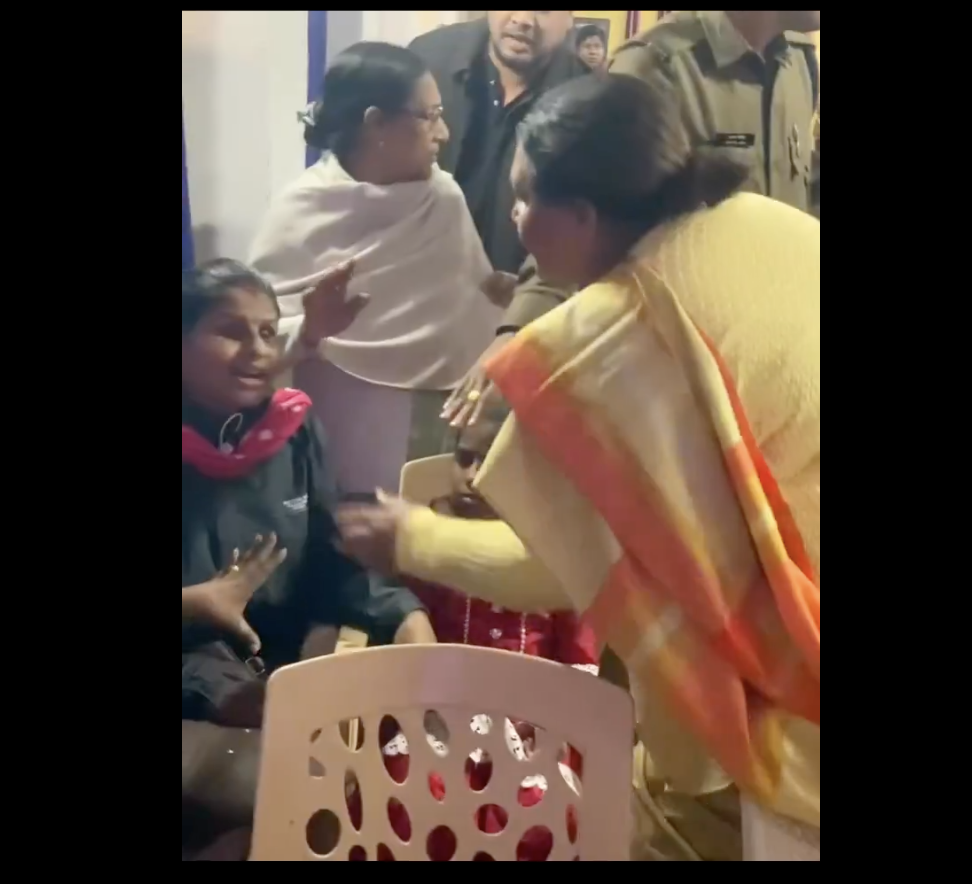Like many Muslims, 63-year-old Mohammad Ashraf wants to go on the Hajj.
For every adult Muslim, it is mandatory to make the annual pilgrimage to Mecca in Saudi Arabia in the last month of the Islamic lunar calendar at least once in a lifetime – provided he or she is able to afford it and is physically able to perform the rituals.
But Ashraf, a resident of Srinagar, faces a financial hurdle.
“If my wife and I plan to go, it means I need around Rs 9 lakh, besides other expenses,” said Ashraf, a retired government employee whose name has been changed on request. “That’s not possible for a person who lives on pension and when every household item has become very expensive.”
Ashraf is not an exception.
This year, the number of people from Jammu and Kashmir applying to perform the Hajj has been the lowest in over two decades.
The administration has received only 4,313 applications, though Jammu and Kashmir is entitled to 8,000 slots. Under a national quota, each state and union territory is allowed to send a specific number of pilgrims to Saudi Arabia.
Some of those who applied eventually backed out. Nearly 700 applicants failed to pay the first installment of Rs 1.3 lakh each.
“We even extended the deadline for the first installment multiple times but around 700 applicants were unable to pay,” said Shujaat Ahmad Qureshi, executive officer of Jammu and Kashmir State Haj Committee, a government body that manages the pilgrimage in the union territory.
Experts and officials blamed the falling number of Hajj pilgrims on the escalating cost of the journey, the devaluation of the Indian rupee – and on the crisis in Jammu and Kashmir’s economy.
This story was originally published in scroll.in. Read the full story here.






